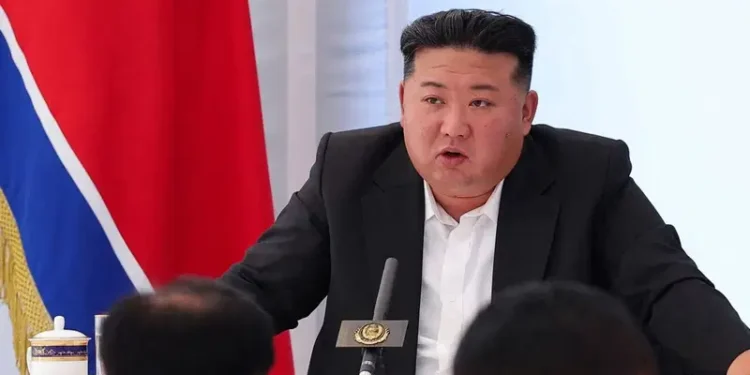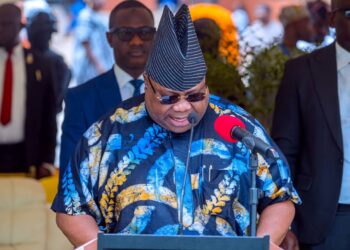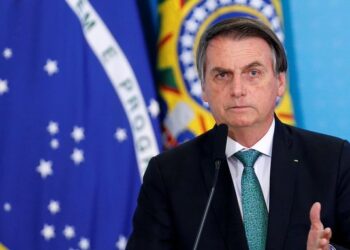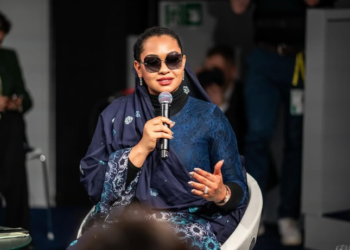President-elect Donald Trump’s team is exploring the possibility of direct talks with North Korean leader Kim Jong Un, hoping to ease tensions and reduce the risk of conflict, according to sources familiar with the discussions.
A Return to Direct Diplomacy
Advisors believe Trump’s personal approach could break the stalemate with Kim, building on the unconventional rapport established during Trump’s first term. Back then, the two exchanged letters and held historic meetings, although no substantive agreements were reached.
Policy discussions are ongoing, and no final decisions have been made, sources said. Trump’s transition team has not commented on the matter.
Challenges Ahead
Kim Jong Un has dismissed U.S. efforts under President Joe Biden, citing no pre-conditions for talks. Now, emboldened by a growing missile arsenal and closer ties with Russia, Kim remains defiant. “We have gone as far as we can with the U.S.,” Kim stated recently at a military exhibition.
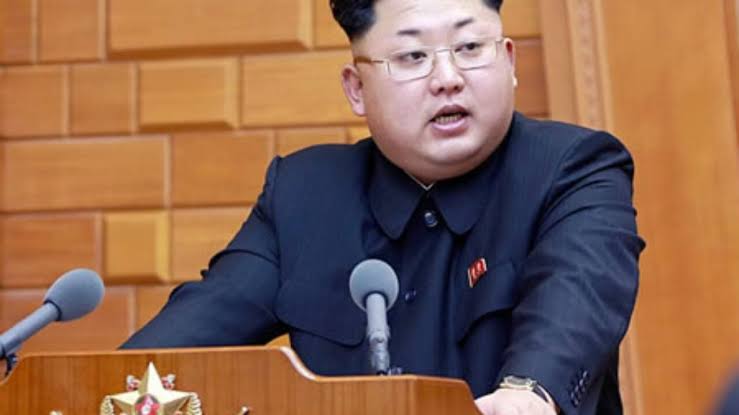
While reestablishing basic communication with North Korea might be a goal, Trump’s team has yet to outline a broader strategy or timeline. Some insiders believe this issue may take a backseat to more pressing concerns in the Middle East and Ukraine.
A Legacy of High-Stakes Meetings
During his 2017-2021 presidency, Trump held unprecedented meetings with Kim in Singapore, Hanoi, and at the Korean border. Despite these engagements, North Korea’s nuclear ambitions continued, and both sides issued threats when talks stalled.
Trump’s allies, however, remain optimistic. Senator Bill Hagerty suggested, “Trump is more likely to pursue direct engagement, which could improve relations.”
Geopolitical Complexities
The U.S. remains wary of North Korea’s collaboration with Russia, including potential technology-sharing and troop deployments to support Russia in Ukraine. Recent satellite images reveal North Korea expanding a weapons complex that produces missiles reportedly used by Russia.
China’s influence is another factor. Although Trump has previously urged Beijing to rein in North Korea, his hardline stance on China, including proposed tariffs and hawkish cabinet picks, could complicate cooperation.
Looking Ahead
As Trump prepares to take office in January, he inherits a tense situation reminiscent of 2017. His administration’s ability to navigate the challenges posed by North Korea’s provocations, closer ties with Russia, and a changing geopolitical landscape will likely shape the course of U.S. diplomacy in the region.
While Trump touts his personal connection with Kim as a unique asset, it remains to be seen if this approach will yield tangible results this time around.

